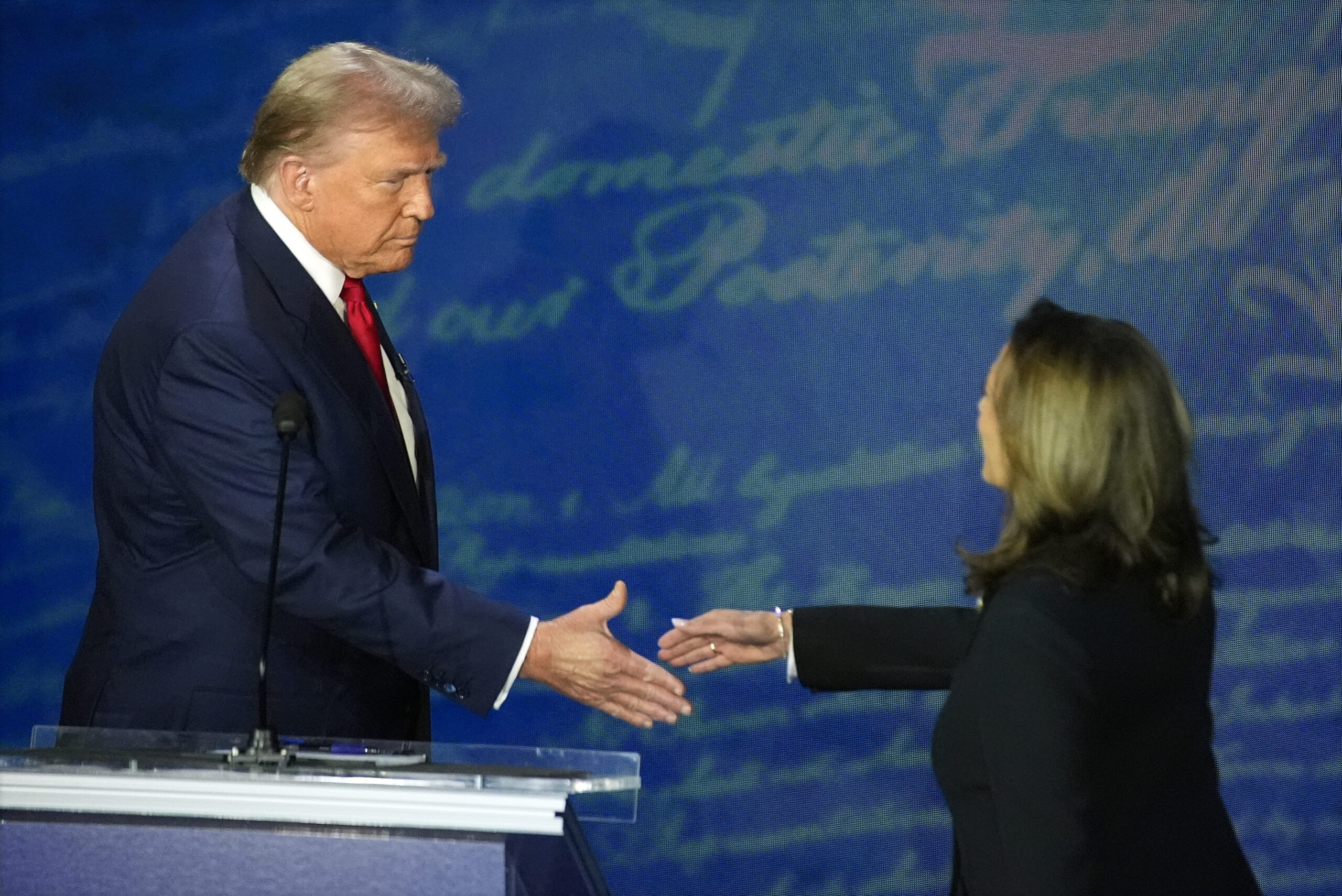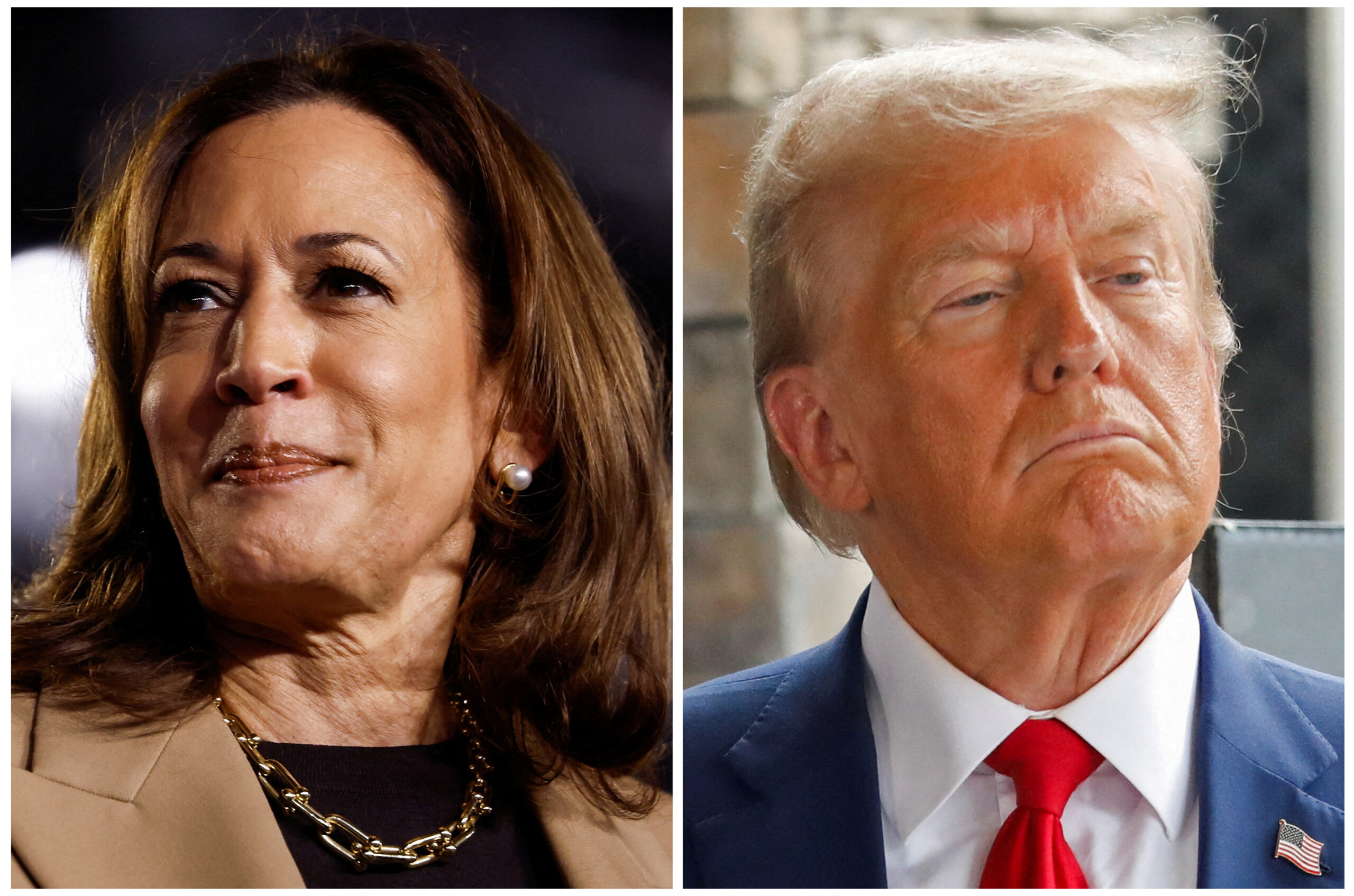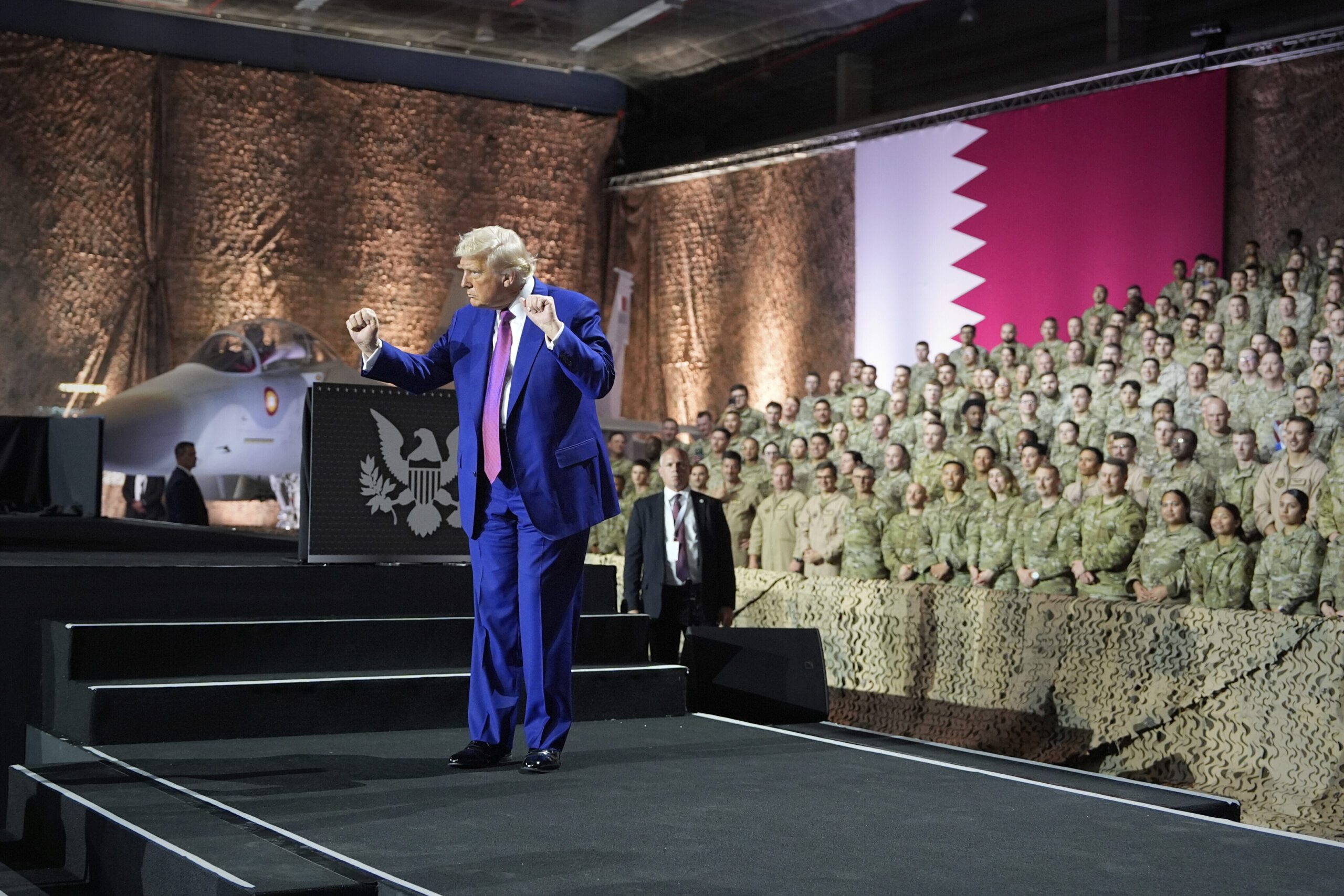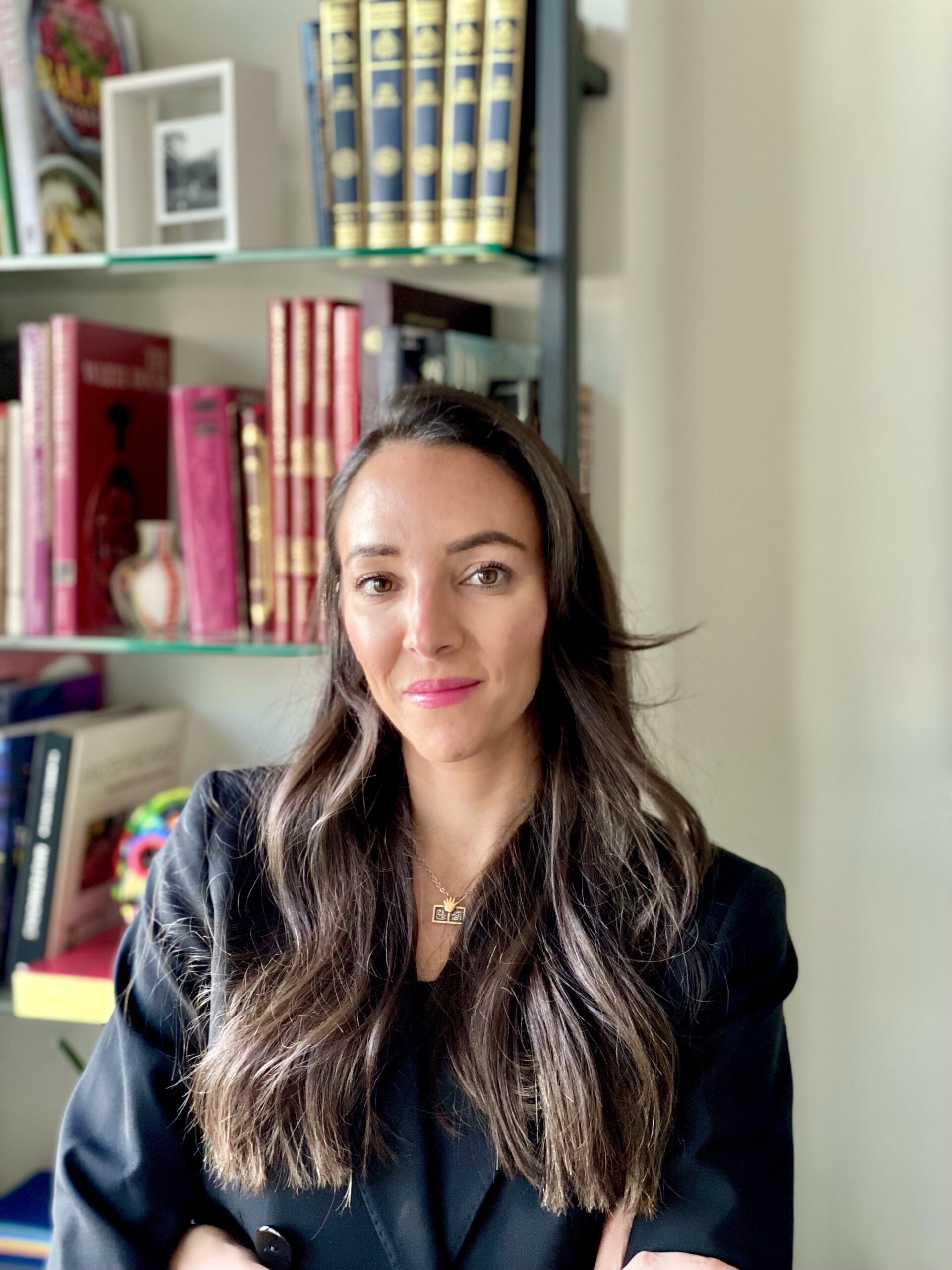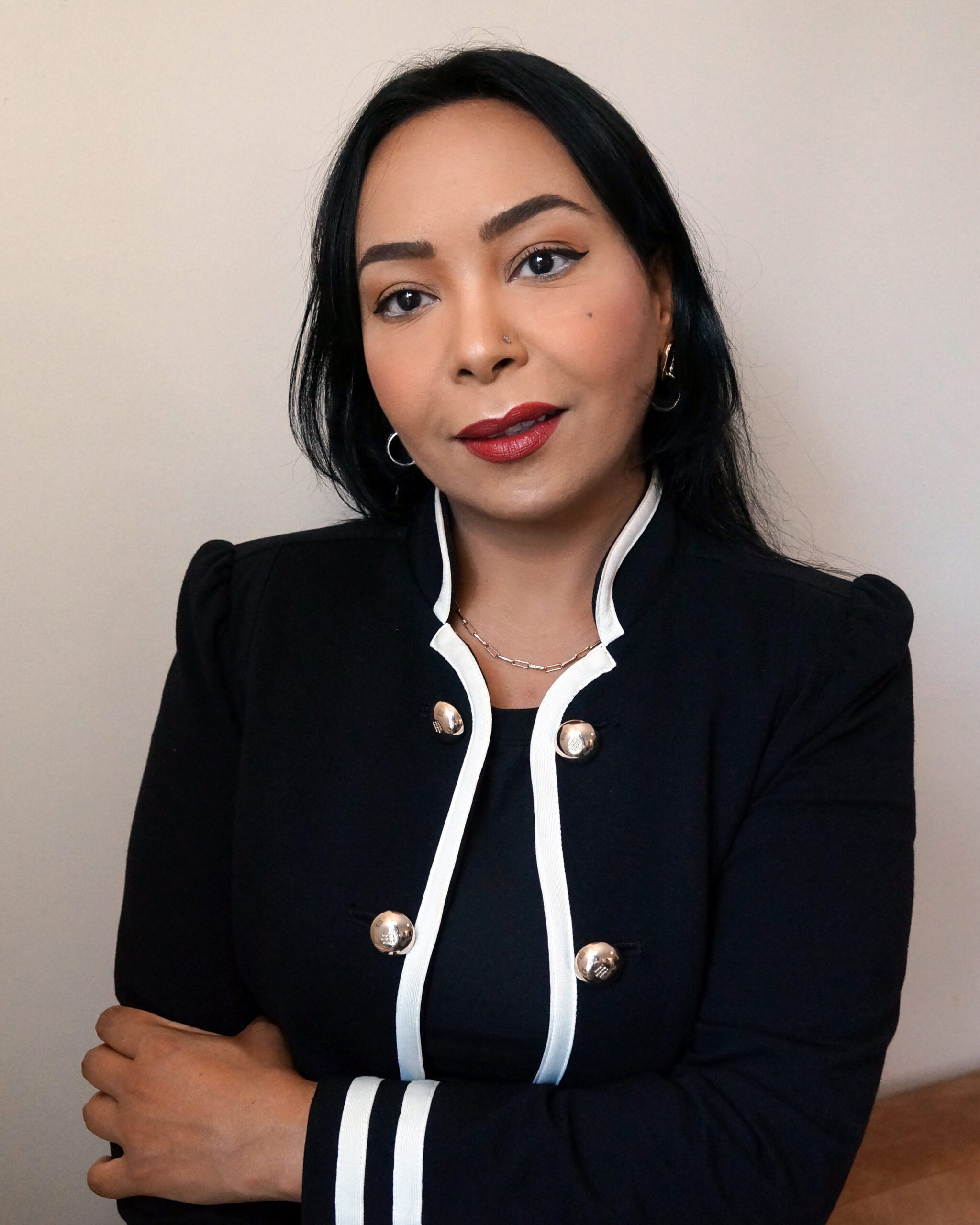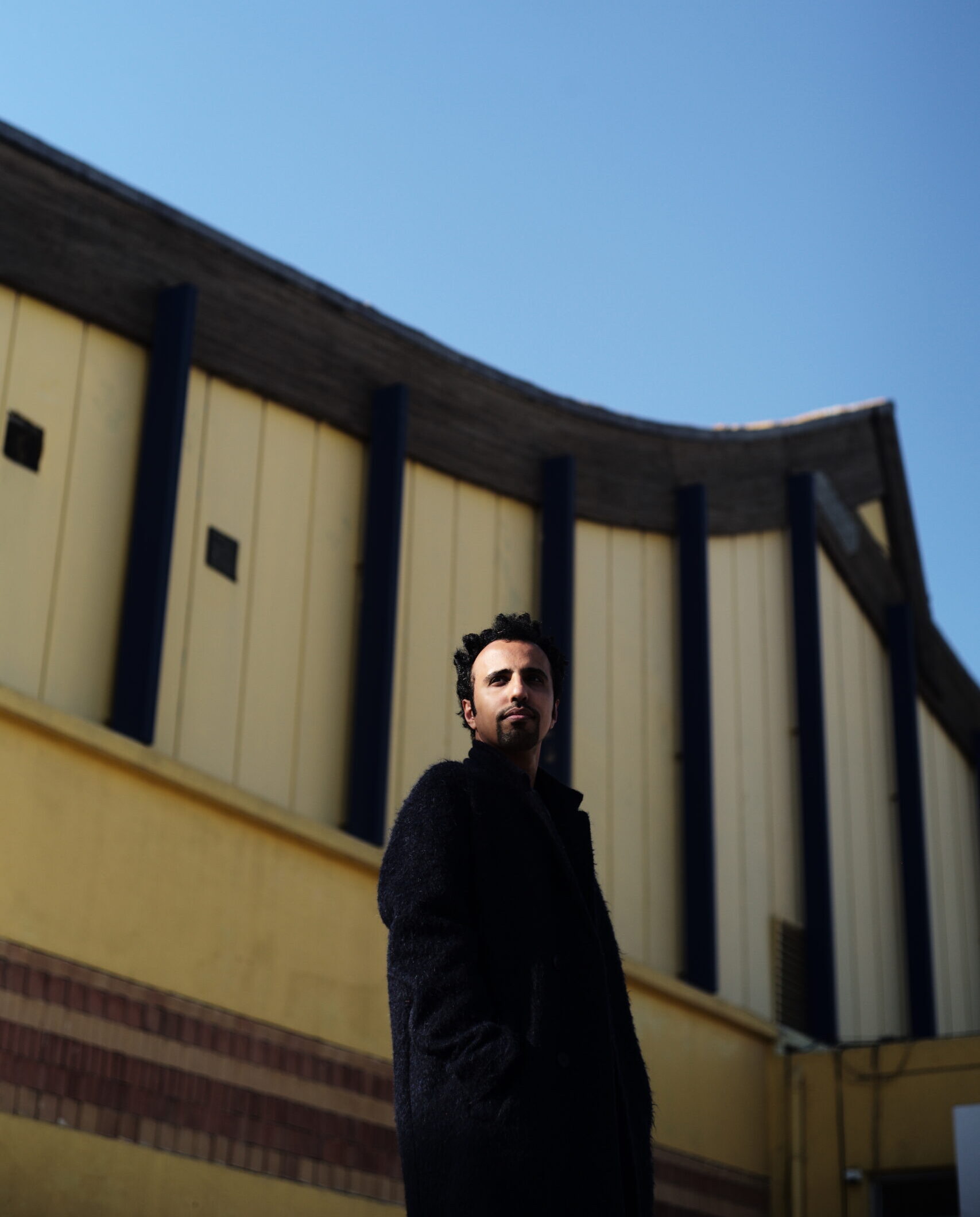Gulf Popular Interest in U.S. Elections Is Not What It Used To Be
Anger and disillusionment over the Gaza war and rising confidence in their own national direction means Gulf publics are not as invested in U.S. political outcomes.
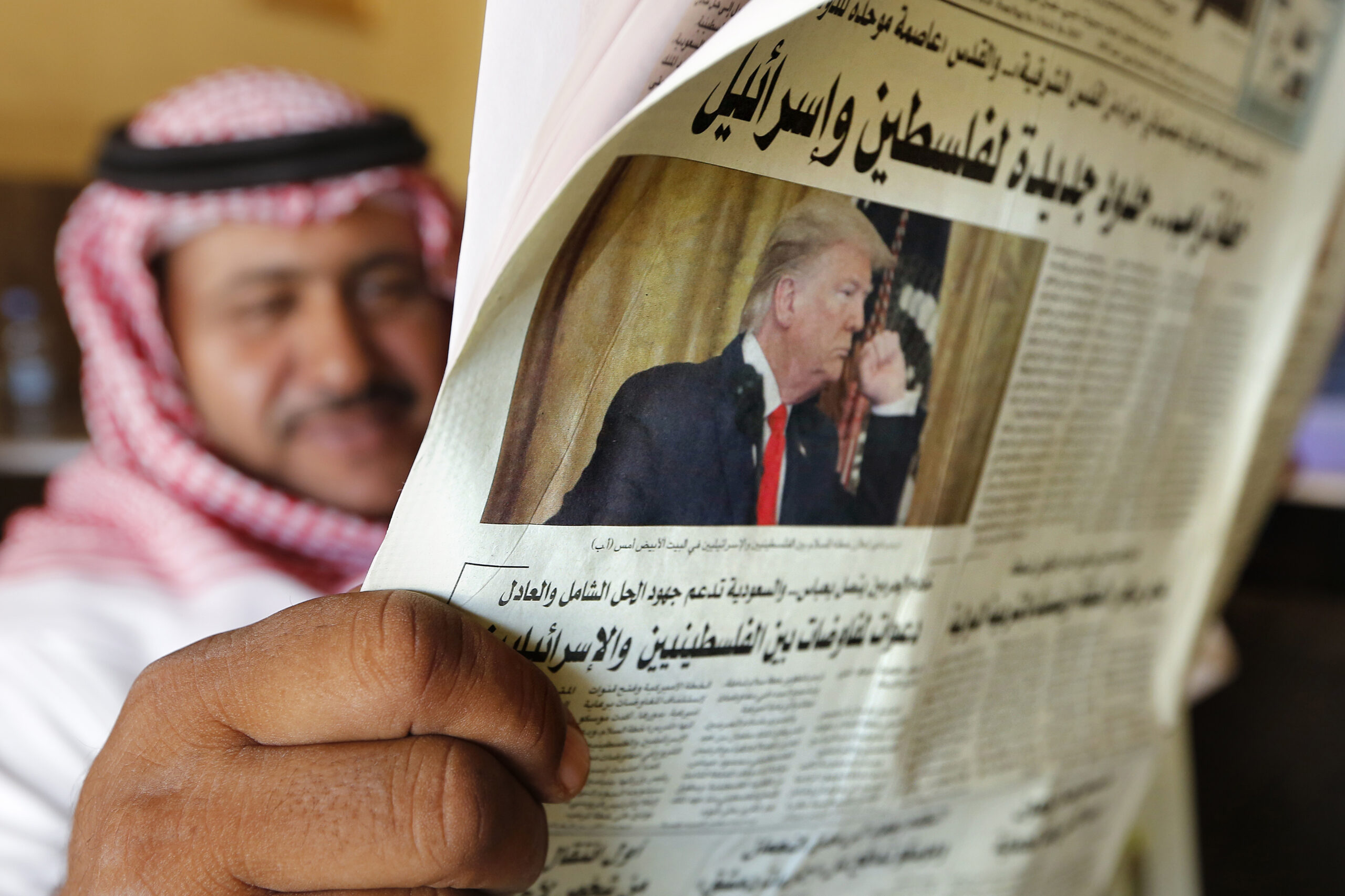
This publication is part of AGSIW’s U.S. Presidential Election series.
The United States remains the most powerful country in the world, both militarily and economically. There is no question that the election of its highest office of president matters: not just for Americans but for global citizens. This is doubly true for the Middle East and Gulf region where U.S. interventions have significantly impacted lives for decades.
Yet when it comes down to this pivotal presidential election, in which the Republican candidate, former President Donald J. Trump, and the Democratic candidate, Vice President Kamala Harris, hold distinctly opposing political and global worldviews, the popular reaction in the Gulf is akin to a shrug of the shoulders. There is much less popular engagement with the election. And where arguments are made, there is, more often than not, no outright preference among the candidates.
Republican Preference, and Trump Mania
This was not always the case. The past two presidential elections in 2016 and 2020 elicited strong commentary in both the Gulf mainstream newspapers and popular online media. Among both, there was a clear tilt toward the Republican Party. There were policy reasons for this. Gulf countries continue to look fondly upon Republican administrations, especially the administration of President George H.W. Bush, which stood for strong defense and led the liberation of Kuwait from Iraq. This warmth waned after the years of the U.S. war on terror and Iraq invasion but found no replacement in the Democratic Party. There was general unease with the administration of President Barack Obama, with its perceived tilt toward Iran, and with Joseph R. Biden Jr.’s candidacy, seen as an extension of the Obama presidency, and which campaigned on rendering the Saudi regime “a pariah.”
There was genuine enthusiasm in some quarters for the Trump presidency, which began its administration with a celebrated visit to Riyadh, and which mirrored Gulf monarchies with its emphasis on personal ties and familial relations in power. This was especially noticeable among nationalists, most prominently in Saudi Arabia, who followed the MAGA campaigns closely and with admiration, relishing in the political tropes and cultural memes produced by Trump loyalists. In 2019, some 200,000 Saudi Twitter accounts followed Trump, though many had been purged to his new social media site, Parler, demonstrating the bond developing between the MAGA and Saudi nationalist constituencies.
Trump’s popularity with many Gulf Arabs has derived not only from his foreign policy but also his persona: his projection of strength and willingness to “tell it like it is.” The cultural issues championed by the MAGA movement – especially its embrace of traditional male authority and rejection of LGBTQ+ rights – resonate among many in the Gulf where new gender politics have been emerging as a concern.
Gaza First
Still the mood surrounding this election cycle is strikingly different. In speaking to Gulf professionals, many expressed indifference toward the outcome. The same lack of interest is reflected in official punditry, with a noticeable decline in editorials on current U.S. politics in the Gulf media. The Trump enthusiasts on social media are harder to find, despite some pockets of support remaining.
What is the primary reason for this? It is Gaza and the ongoing killing of Palestinians and now Lebanese civilians due to the Israeli military campaigns – campaigns for which most Gulf citizens hold the Biden administration and United States accountable alongside Israel. This ongoing tragedy simply crowds out any other political topic. Moreover, there is little confidence that either party will meaningfully alter the United States’ support for Israel as stated in this opinion piece by the Bahraini activist Abdelnabi al-Ekry. This adds to the general ambivalence toward the upcoming polls.
The anger over Washington’s seemingly unconditional support toward Israel is reflective of a broad popular disillusionment with the United States. This is due to concrete policy moments: Obama’s discarded redline in Syria; Trump’s America-first approach to the Iranian attack on Saudi oil facilities; Biden’s apparent countenance of the extreme death toll in Gaza. But it is also the internalization of Gulf state movement toward a more pluralistic foreign policy undergirded by nationalist considerations. On the left, and particularly prominent among the younger generation, is the embrace of the post-colonial analytic framework that emphasizes the suffering inflicted by Western power over the region.
A New National Confidence
This shifting worldview is accompanied by greater self-assurance in the ability of Gulf states to pursue their own national interests regardless of the party in power in Washington. The prominent Saudi commentator Abdulrahman Al-Rashed, himself a long-time observer of Washington politics, describes a lack of seriousness in U.S. politics, reflected in the drop of morals and language within presidential debates. Yet he, and other analysts, such as those interviewed in an Alhurra forum on the election, express conviction that Gulf states have reached a degree of stability and influence that will allow them to work productively with either party or candidate.
The United States may still be the most influential country in the world and the Gulf region. But for this most critical election, most of the people of the Gulf are looking to their own political development, not U.S. democracy.
The views represented herein are the author's or speaker's own and do not necessarily reflect the views of AGSI, its staff, or its board of directors.


